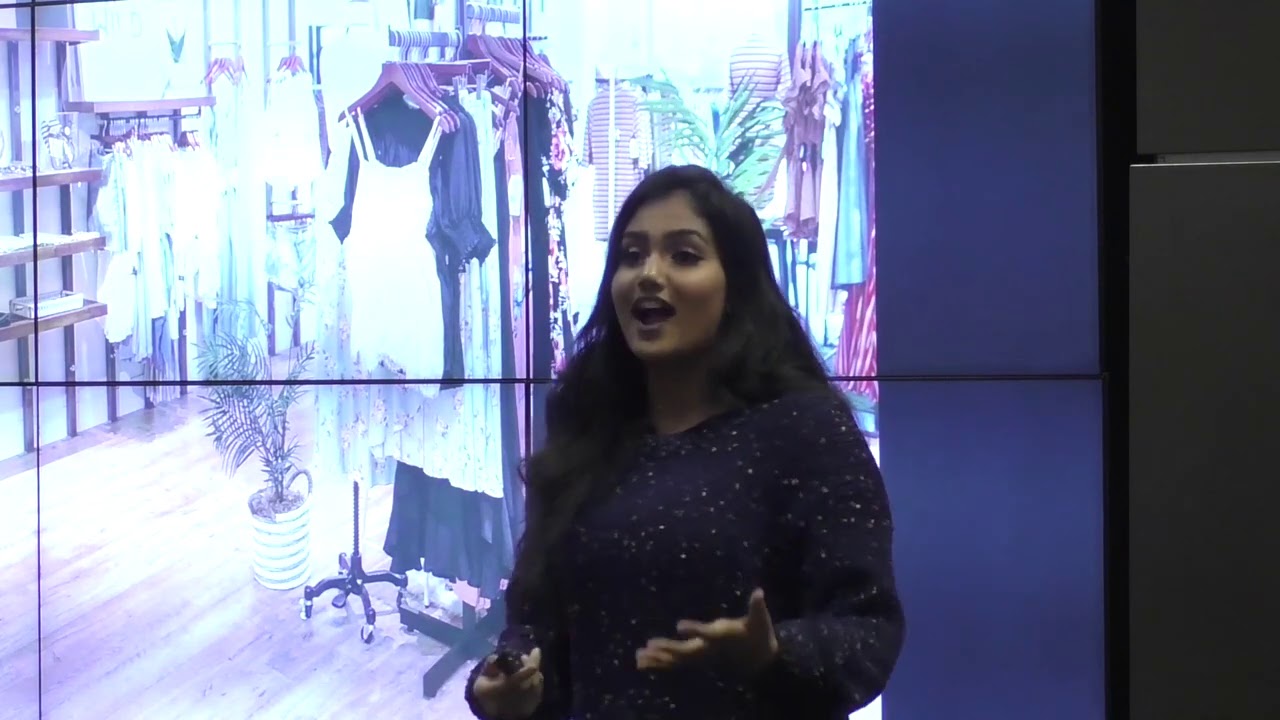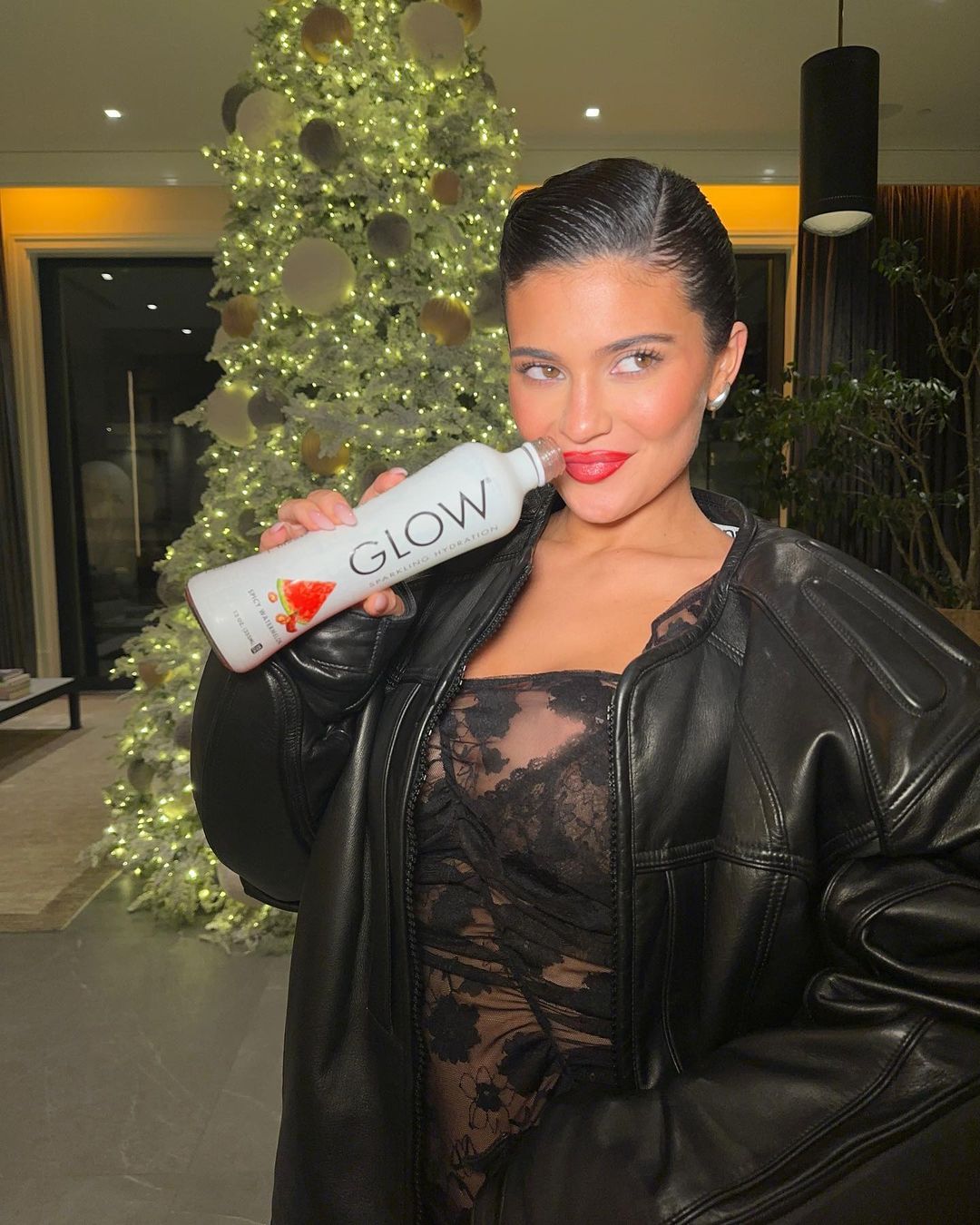Social Media Influencers - The People, The Money, The Power
Halfway through 2022, an estimated 59.3 percent of the world’s population or 4.74 billion people were using social media. Online marketing is therefore here to stay and flourish. The significant role of social media users will further be acknowledged in the years to come.
Author:Frazer PughReviewer:Dexter CookeJan 18, 202312.4K Shares311.8K Views

If there exist a bunch of extraordinary people who can capture the attention of millions of people worldwide while, say, getting a pedicure, they will be no less than the social media influencers.
You read that right. Every bit of it.
Nationalities from across the globe. Different backgrounds and age brackets. Numbering by the thousands. Reaching millions out there.
They can make people - people they haven’t met before and perhaps will never meet at all in their lifetime - notice them.
Persuade them to act on something. Convince them to make purchases. Sway a vote. Affect decisions. Stir feelings. Establish trust. Spread love.
These influencers can do so even while in their pajamas.
To top it all, they can make people pay them - up to seven figures, no kidding - for doing so.
As these social media influencers laugh all the way (while in their Porsche or Ferrari) to the bank, the power they brandish online impacts people’s offline existence.

Under The Influence: Rise of Social Media Influencers | Vishakha Holsambre | TEDxGeorgiaTechSalon
Social Media Influencers
Modern technology gave birth to social media influencers.
Through electronic devices powered by the internet, people promote and sell stuff to other people. This is basically what is referred to as online marketing or digital marketing.
Closely related to it is social media marketing, where social media (websites and applications or apps) is used to market a product or an idea.
Influencer marketing doesn’t deviate far from these two. It is when certain individuals known as influencers, aka social media influencers, promote anyone and anything.
This article will refer to two definitions of influencers.
The first one, by Cyber Definitions, doesn’t pertain to individual people only and indicates the specific kind of influence they keep:
“„A social media influencer is an individual, group, or company with a large number of followers on a social media network, who has or have the power to affect the buying decisions of their followers.- Cyber Definitions
YouTuber creators 5-Minute Crafts (78.5 million subscribers) and Dude Perfect (58.6 million subscribers) are good examples. The former is a group/organization and the latter is composed of five adult men.
The next definition is by Dublin-based Digital Marketing Institute (DMI):
“„A social media influencer is someone who has established credibility in a specific industry, has access to a huge audience and can persuade others to act based on their recommendations- Digital Marketing Institute
DMI’s definition, while still concise, tends to be broader in scope, particularly regarding the extent of influence these social media influencers can wield.
Types Of Social Media Influencers
Social media influencers can be classified based on the following:
- their career (or how the public recognizes them)
- the app they use
- the number of their subscribers/followers/readers (a quick way to check their popularity)
- the content they make or the niche they belong to (this one will be tackled in the next section)
For those influencers categorized on who they are in society as well as in relation to apps:
| Career/App | Category/Classification |
| showbiz and media personalities, athletes, models, individuals considered as public figures | Celebrity |
| blogging apps and websites | Blogger |
| Facebook Influencer | |
| Instagram Influencer | |
| TikTok | TikToker (per Collins Dictionary) |
| YouTube | “YouTuber”/YouTube Creator/Vlogger |
For number-based social media influencers:
| Classification | Number of Followers |
| Nano-Influencer | 1,000 – 10,000 |
| Micro-Influencer | 10,000 – 100,000 (or 10,000 – 50,000) |
| Mid-tier Influencer | 50,000 – 100,000 (or 50,000 – 250,000/500,000) |
| Macro-Influencer | 100,000 – 1 million (or 250,000 – 1 million) |
| Mega-Influencer | 1 million and up |
The number requirement varies. Some sites don’t also include another type whose classification falls somewhere between a micro-influencer and a macro-influencer; hence, the name “mid-tier influencer.”
Below are some social media influencers.
And, remembering the definition by Digital Marketing Institute, these people have “established credibility in a specific industry” (figures as of this writing):
a. Natalie Bowman(@missbeaux)
- Washington-based managing director at Alaska Airlines (ad department)
- Instagram influencer (2,458 followers)
- Nano-influencer
b. Lilliam Baez(@lilliambaezmakeup)
- Los Angeles-based makeup artist
- Instagram influencer (62.6 thousand followers)
- Micro-influencer
c. Brendan Gahan(@brendangahan)
- New York-based ad agency executive
- TikToker (120.7 thousand followers; 1.7 million likes)
- Macro-influencer
d. Nate O’Brien(@NateOBrien)
- Los Angeles-based investor
- “YouTuber”/YouTube creator/vlogger (1.3 million subscribers; 69.3 million views)
- Mega-influencer
e. Kylie Jenner(@kyliejenner)
- Celebrity (reality TV star; media personality)
- Instagram influencer (378 million followers)
- TikToker (51.6 million followers; 1 billion likes)
- Mega-influencer
Types Of Influencer Niches
Social media influencers nestle themselves in a nichethey believe they are comfortably good at. Some of these niches are:
- Animals, Nature
- Beauty, Fashion, Lifestyle
- Business, Personal Finance
- Children, Family, Parenting
- Entertainment, Celebrities
- Food, Gaming, Hobbies
- Health, Fitness, Sports
- Photography
- Technology
- Travel

Social Media Influencers Make Money
As pop and R&B sensation Bruno Mars crooned in singer-rapper Travie McCoy’s 2010 hit Billionaire:“I wanna be a billionaire so f**king bad.”
There’s nothing wrong with aspiring to make millions (decent money, of course) while one still can.
It could be surmised that the probable huge earnings from influencer marketing motivate people to become social media influencers.
Marketing strategist and two-time Forbes Top 50 Social Media Power Influencer Neal Schaffer shared in his eponymous blog how influencers rake in money.
Here are some of the ways:
1. Affiliate marketing
- when a follower/subscriber/reader buys something because of an influencer’s recommendation, the influencer (the affiliate) will get a commission from the purchase/sale
- per Hootsuite: 5 to 30 percent commission
2. Display advertising
3. Sponsored posts
- a social media post sponsored by a company
- a single blog post can be worth $75 to $5,500
4. Sales of photos/videos/eBooks
5. Sales of one’s own merchandise/product line
6. Enrollment in digital courses
7. Subscriptions
8. Collaborations with entrepreneurs/companies/other influencers
For Instagram influencers, Hootsuite made this equation on its site:
- It’s $100 per 10,000 followers (the “unspoken industry standard”) plus “extras for the type of post” plus “additional factors.”
- Add them all up and social media influencers will get the total amount of payment they will receive.

Impact Of Social Media Influencers
Crowdfunding platforms have been a boon to financially strapped people who desperately need money for personal needs. Commonly, they’re cancer patients or people requiring life-saving operations.
However, help would often come in trickles, and the needed amount to be raised may take a long time to be achieved.
Now enter social media influencers - and the power they wield.
In November 2022, CBS News reported how 19-year-old Devan Bonagura, a TikTok macro-influencer (@dbon973) from New Jersey, changed the life of a fellow Walmart employee.
One time, Bonagura caught 81-year-old Nola Carpenter sitting in the store’s breakroom. He took out his phone and recorded Carpenter while there looking tired and weak.
He uploaded the 15-second clip on TikTok, with the text “Life shouldn’t b [sic] this hard… (insert sad emoticon)” and created a GoFundMe for her.
The result?
It garnered 31.7 million views and, more importantly, $186,293 was raised - in less than a month! - on Carpenter’s behalf so she could now stop working.
According to VT.co, the same TikToker likewise raised, in December 2022, more than $100,000 for another Walmart employee, Butch, 82, so he could retire.
That’s not only the power of social media but also the impact of social media influencers.
The Rising Power Of Social Media Influencers
In 2015, according to Forbes, Yale alumnus and the 42nd POTUS (1993-2001) Bill Clinton reportedly charged $225,000 after appearing as a speaker.
In comparison - if rumors were true, that is - a socialite and ex-reality TV star Paris Hilton would get paid $80,000 for . . . a single tweet.
In October 2022, Benzinga reported that the U.S. Securities and Exchange Commission disclosed that Kim Kardashian received $250,000 for an Instagram post about the cryptocurrencyEthereumMax (EMAX).
Per Indeed.com, that’s 50,000 dollars higher than the annualnational average salary of U.S.-based physicians!
Why do social media influencers have so much power?
It’s primarily because influencer marketing works. Those promotional posts - blogs, videos, pictures - get converted to sales.
Based on a graph by American research firm Insider Intelligence, as shared by Hootsuite, 64.5 percent of marketers in the U.S. relied on influencer marketing in 2020. In 2022, the figures climbed to 74.5 percent.
The firm predicted that it will further increase to 78.6 percent in 2023; 82.7 percent in 2025; and up to 86 percent in 2025.
In 2019, according to consumer brands group THG Ingenuity, the value of the global influencer market was $6.5 billion.
By the end of 2022, per Influencer Marketing Hub, it was estimated to reach $16 billion - nearly triple in less than five years.
Social media influencers must have been doing one hell of a job all these years!

People Also Ask
What Is The Most Popular Type Of Influencer?
Influencer Marketing Hub named bloggers and vloggers as two of the World Wide Web’s most popular social media influencers.
What Type Of Influencers Make The Most Money?
Per Oberlo, social media influencers who get brand deals tend to earn the most. An estimated 68.81 percent of their earnings come from it.
Does FB Pay For Followers?
Facebook doesn’t pay for the number of followers a user has, according to Career Karma, but if the user monetizes a Facebook page, the number of followers could affect one’s profits.
Final Thoughts
Nearly all social media influencers with more than a thousand followers (the mega influencers in particular) have had a humble start.
Who cared about Kim Kardashian before?
Insider quoted her in 2019 as admitting to getting paid up to $500,000 for “a single Instagram post.”
DataReportal stated that the number of social media users reached 4.74 billion in October 2022.
There are a billion reasons now for social media influencers to work harder.

Frazer Pugh
Author
Frazer Pugh is a distinguished expert in finance and business, boasting over 6 years of experience. Holding an MBA in Finance from Stanford University, Frazer's credentials underscore his authority and expertise in the field.
With a successful track record in executive roles and as a published author of influential articles on financial strategy, his insights are both deep and practical.
Beyond his professional life, Frazer is an avid traveler and culinary enthusiast, drawing inspiration from diverse cultures and cuisines.
His commitment in delivering trustworthy analysis and actionable advice reflects his dedication to shaping the world of finance and business, making a significant impact through his work.

Dexter Cooke
Reviewer
Dexter Cooke is an economist, marketing strategist, and orthopedic surgeon with over 20 years of experience crafting compelling narratives that resonate worldwide.
He holds a Journalism degree from Columbia University, an Economics background from Yale University, and a medical degree with a postdoctoral fellowship in orthopedic medicine from the Medical University of South Carolina.
Dexter’s insights into media, economics, and marketing shine through his prolific contributions to respected publications and advisory roles for influential organizations.
As an orthopedic surgeon specializing in minimally invasive knee replacement surgery and laparoscopic procedures, Dexter prioritizes patient care above all.
Outside his professional pursuits, Dexter enjoys collecting vintage watches, studying ancient civilizations, learning about astronomy, and participating in charity runs.
Latest Articles
Popular Articles